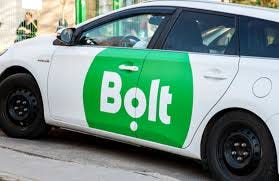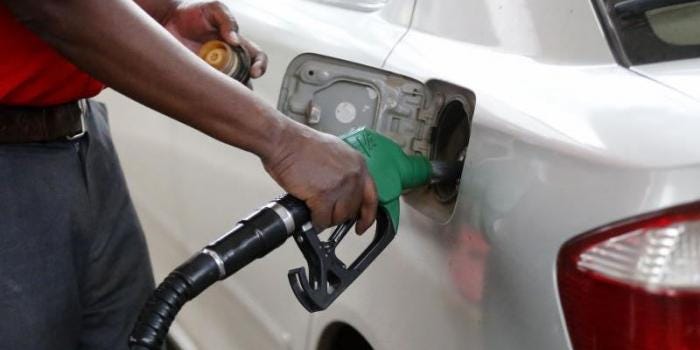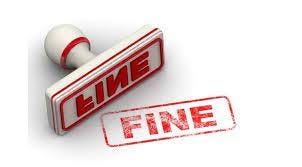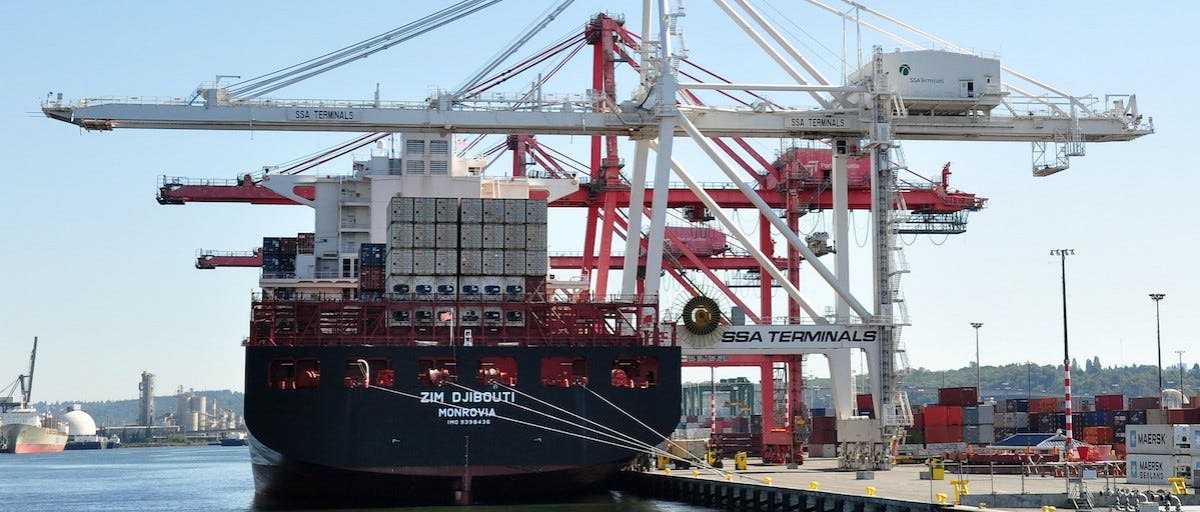Good Morning. Before we jump into this week’s newsletter, here's a major announcement:
ConversationStarter will be taking a short break till next year (which is only 11 days away).
No worries, when we are all back to reading emails next year, ConversationStarter will ensure that you are up to date.
Kenya’s Covid-19 infections rate now above WHO high risk limit
Kenya’s Covid-19 infection rate has crossed the World Health Organisation’s high risk limit of 5%.
Data from the Ministry of Health revealed that the positivity rate was at 22.4% by Saturday last week.
To give you perspective: The positivity rate was 6.5% percent on Monday, rising by 15.9% in just 5 days
What does this mean for Kenya?
The WHO advises countries to consider restriction measures such as lockdowns and curfews if the positivity rate remains above 5% for atleast 14 days.
Kenya is currently on high alert after it confirmed the first cases of the Omicron variant among arriving travellers.
You might also want to know :
The Ministry of Health directive seeking to bar unvaccinated people from accessing in-person services in government offices as from tomorrow has been temporarily suspended by the High court until a suit challenging its legality has been determined.
This directive would have barred Kenyans from making critical transactions such as registration of land titles, approval of development plans, transfer and licensing of motor vehicles, registration of business names and companies.
CAPITAL MARKETS
1. Struggling firms at the Nairobi Stock Exchange to be placed on a recovery board
The Nairobi Stock Exchange and the Capital Markets Authority have established a recovery board where listed companies with reporting and corporate governance issues will be placed.
The Recovery board will offer rehabilitation for such firms to allow them return to profitability.
The rehabilitation is expected to take 2-3 years.
Investors will be cautioned before trading in firms admitted into the recovery board.
Criteria for consideration into the recovery board:
Firms that are either: a) technically insolvent , b) under receivership & statutory administration, c) facing corporate governance & management issues or d) those perceived to be high risk
2. Capital Markets Authority issues new rules on the use of corporate bond proceeds
A new policy by the CMA (Capital Markets Authority) requires companies to file quarterly returns on the use of borrowed funds. This is to ensure that corporate bond proceeds are used according to the prospectus.
As per the policy, company directors must seek approval from the CMA before diverting bond proceeds to other uses.
Additional measures
Individual directors will be held liable for any misuse of corporate bond proceeds.
Directors found liable will be barred from holding any office in a listed company.
3. 99% of borrowers will be removed from the CRB (Credit Referencing Bureau) list
Backstory: In September, president Uhuru Kenyatta suspended the listing of borrowers with loans of less than Ksh 5 million with the CRB for a year. This was part of the measures put in place to cushion borrowers from the economic effects of Covid-19.
This effectively restricts banks from using the defaulters’ data when issuing loans.
Data from CRB
The removal of borrowers with loans of less than 5 million from the list means that 99% of borrowers will be struck off the CRB list.
COMPANIES
Bolt drivers to set their own prices under new feature to be piloted in Nairobi
The new feature allowing drivers to set their own prices is Bolt’s tactic to make it more attractive compared to Uber and other ride-hailing platforms.
How will this work ?
Drivers will have the option to use Bolt’s standard pricing or key in their preferred rates per Kilometre.
Riders will be able to see the drivers’ rates & expected time of arrival, providing the rider with options on which driver to select.
This feature has already been applied in other European cities such as London and Estonia.FUEL PRICES
Pump prices remain unchanged
The Government will pay oil marketers approximately Ksh 8.12 billion for keeping fuel prices unchanged in the monthly review to end on 15 January next year.
Despite the rising global fuel prices, Energy and Petroleum Regulatory Authority (EPRA) has retained the margins for suppliers at zero per litre of super, diesel and kerosene for the second month running.
Current prices: petrol Sh129.72, diesel Sh110.60 and kerosene Sh103.54
Without the subsidy, the prices would be at Sh148.04 a litre, diesel Sh132.49 a litre and kerosene Sh127.07 a litre
Civil servants to face fines of up to KES 1 Million if they do not submit wealth declaration reports
Civil servants risk a Ksh 1 million fine or a jail term of two years if they fail to declare their wealth and that of their spouses and children ahead of the December 31 deadline.
Public servants are obligated to reveal their incomes, bank deposits and assets (land, buildings and vehicles) once every two years. The filing must also capture the wealth of their spouses and children below 18 years.
The Lifestyle Audit Bill, 2021 seeks to remove restrictions on Kenyans seeking to access information on income, assets and liabilities of public officers as part of efforts to fight corruption.
The Bill seeks to repeal section 30 of the Public Officer Ethics Act of 2003 which restricts access to information on the wealth of public officers.
AFRICA
Kenya is re-elected to lead region in global maritime council
Kenya has been re-elected to lead the region in the global maritime council during the 32nd Regular Session of the IMO (International Maritime Organisation ) General Assembly.
The countries in the region include Burundi, Democratic Republic of Congo, Djibouti, Eritrea, Ethiopia, Kenya, Rwanda, Somalia, South Sudan, Tanzania, Uganda and the Island nations of Seychelles and the Comoros.
Must Know Conversationstarters of the week
Kenya Power Lighting Company plans to build a network of electric vehicles’ charging points - KPLC revealed plans to build countrywide charging points as well as lobby for the reduction of import taxes for electric vehicles in the country.
The company aims to explore electricity charging points as a new revenue stream inorder to diversify from selling power to homes and businesses.
United Kingdom removes Countries from Red list - The UK Health Secretary announced the removal of 11 countries from the UK’s travel red list would effective 15th December 2021.
The 11 Countries are: Angola, Botswana, Eswatini, Lesotho, Malawi, Mozambique, Namibia, Nigeria, South Africa, Zambia, Zimbabwe
Uber partners with Opibus to provide electric bikes - Uber Kenya has partnered with electric vehicle company Opibus to provide electric motorcycles for riders on its app. The two companies will produce 3,000 electric motorcycles next year at a selling price of Sh158,200 ($1,400) each, with financing also available for riders looking to buy them on credit.
This is part of Ubers’ plan to go fully electric and become a zero-emission platform by 2040.
Uganda bans imports of agricultural products from Kenya - Uganda has banned imports of Kenyan raw and processed agricultural products.
Kenya's key agricultural exports to Uganda are palm oil and sorghum.
In 2020, Kenya exported of Ksh 7.2 billion worth of palm oil and Ksh1.4 billion worth of sorghum to Uganda.
DRC Congo is setting up an economic zone - In what seems like a move to incentivise East African investors, The Democratic republic of Congo is setting up special economic zones in North Kivu province, Goma. The country has already earmarked economic zones under the policy of industrialization.
Digital lenders to reveal borrowing charges- The Competition Authority of Kenya will require digital lenders to explicitly show borrowing charges [interest, late payment fees, rollover fees)
The model will be similar to what mobile money transfers use where you see the cost before you send the money.
Merry Christmas







